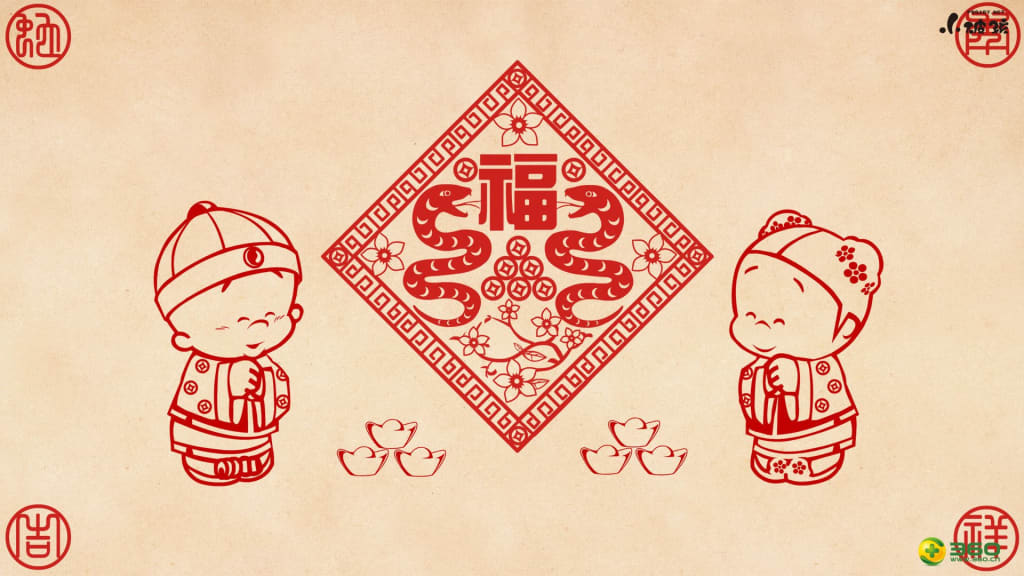Whether your child calls you "Mom" or "Mom", the changes behind it are worth thinking about by every parent.
"Mom, I have an appointment to have dinner with my friends this weekend. I won't eat at home."

In addition to these changes in address, she also found that her son had a mind of his own in many things and no longer needed her attention.
I believe many mothers have had an experience like this.
"does the child think that I am too old to keep up with my mind?" "does the child no longer need me?" These puzzles become more and more intense with the change of our children's address to us.
Although there is only an one-word difference between "mother" and "mother", it reflects the great psychological changes brought about by the child. This kind of change occurs naturally, and it is also what we and our children must face and experience.
There is a question on Zhihu # how did you feel when the baby called "Mom" for the first time? #
Here is a highly praised answer:
"just like a sip of orange soda, suddenly the bubble rushed to the throat, sweet, cool, rippling bit by bit, as if drinking the whole sea of silver under the stars."
Below, countless mothers have commented and empathized with their feelings.
Some mothers were even too excited because their children shouted "Mom" for the first time and scared their children by shouting loudly.
You may be a little upset when your child is older and used to listening to his "mother" every five minutes, but to the morning mother, shouting "mother" every day seems like a sweet burden.
Because when you are used to being chased by your child to call your mother, but he suddenly changes his name, you will feel lost and wonder if the child is older and the parent-child relationship is weak.
In fact, this is not the case.
There is no denying that as children get older, there will be more and more wonderful things in their world that attract their eyes and occupy their hearts, so that they no longer seem so attached to their mother.
However, the child's love for his mother has not been diluted, in other words, this love will be transformed into other forms, not just the verbal word "mother".
You can recall that although the child is no longer called "mother", but when you are not feeling well, he can detect your subtle changes and take the initiative to care about you.
When you have a hard day's work, he will ask if you want to help with the dishes.
When you come home late because of work, he will tell you not to work too hard and go home early.
These behaviors are proof that children love you in a different way.
Moreover, even after your child calls you "Mom", you are still his world and the first person he thinks of when he asks for help.
Do you still remember the "Don't call Mom" treaty that was brushed all over the moments last summer?
These are enough to prove that mothers still occupy an unshakable position in the hearts of their children.
Therefore, changing the name does not mean that the parent-child relationship is getting worse. on the contrary, children who are becoming more sensible are likely to give you more care in terms of words and behavior.
First of all, from the perspective of physiological factors, children are changed to "mom" because their vocal cords are gradually maturing.
Children learn to speak, about 1 year old, when we begin to teach children to recognize people, we basically start with reduplicated words, such as "Mom, Dad, Grandma, Grandpa" …...
At this stage, reduplicated words are easier for children to learn, physiologically, because the organs and tissues responsible for language development in their bodies are not yet mature.
But after the child is 2 years old, when the vocal cords gradually develop, they are more likely to express their needs with efficient and simple words, such as "mother" becomes "mother".
From a psychological point of view, although the child changed to "mother", it does not mean that the parent-child relationship has weakened, but behind this change does reflect several psychological characteristics unique to them at this stage.
First of all, the biggest reason why children are no longer called "mothers" is that their personal abilities have improved and they no longer need their mothers to help them everywhere.
Think about it, when they were babies, did they have to have their mothers meet most of their needs in life?
From the simplest way to eat, drink and stink, to take toys and picture books on the cupboard, you can't rely on the baby's own strength.
As a result, the immature "mother" naturally shouted out from their mouths.
But when children grow up and become independent and independent, their self-awareness is also awakening. At this stage, they are more eager to prove their abilities. In other words, they are no longer willing to "trouble" their mothers frequently.
The change from "mother" to "mother" is not only a change of address, but also proves that children's sense of dependence on us is gradually diminishing.
Secondly, this stage is also the "first rebellious period" of the child.
This kind of rebellion does not mean that children will act against us everywhere, but in many small things, they will express their wishes.
After Feifei went to kindergarten, I would dress her according to the weather every day, but this thing alone almost took more than half an hour, just because she thought that the clothes I picked for her were not enough "princess". Or maybe the hair tied up is not her ideal hairstyle.
In addition to similar trifles, the "rebellious period" has another important feature, that is, the "herd mentality".
Once, when I asked why the balls only called me "Mom" recently, he replied, "that's what all the students in the class call me."
When children begin to communicate and have social needs, in order to integrate into their peers to gain a sense of recognition and belonging as soon as possible, learning the words and deeds of others has become the quickest way.
This also proves on the other hand why children at this stage prefer to stay with their friends rather than with their parents.
In a word, behind the child's shouting "Mom", what we should see is the child's desire for independence, not just the change in language expression.
It is said that "maternal love is a gradual separation". Even if we are reluctant to give up, the children will eventually grow up and be independent.
Therefore, what we need to do is to face up to the change of our child and see his inner needs.
There are always parents who ask: when did children's values begin to be established? In fact, the answer is to start when he is no longer dependent on his parents and seeks independence.
I have seen a lot of parents, when their children make mistakes, they will say, "he is still a child, what do you care about with him", so as to pass it over.
This kind of connivance will make the child think that his parents will always be his umbrella, and at the same time feel that he is a child and will not be punished no matter what he does.
Over time, when the child is no longer a "child", it will become what we often call a "giant baby". The old saying that "a small hole does not make up, a big hole bears hardship" is not just a saying.
In addition to paying close attention to the cultivation of children's values during this period, we should also learn to respect children. On the other hand, we should not treat children as "children."
Children at this stage make mistakes, and if they still use the beating and scolding of the past to educate them, they will often encounter strong resistance from the children.
The effect will be better if you learn to punish children in a scientific and intelligent way.
Now that children express their willingness to "no longer need their mother's help", we might as well give them enough space to learn to think independently and solve problems.
As experienced people, we all know that everything will not be plain sailing, and we are bound to encounter a lot of difficulties and setbacks.
In this process, children can naturally learn a lot of things, such as: weighing the pros and cons, learni






Comments
There are no comments for this story
Be the first to respond and start the conversation.